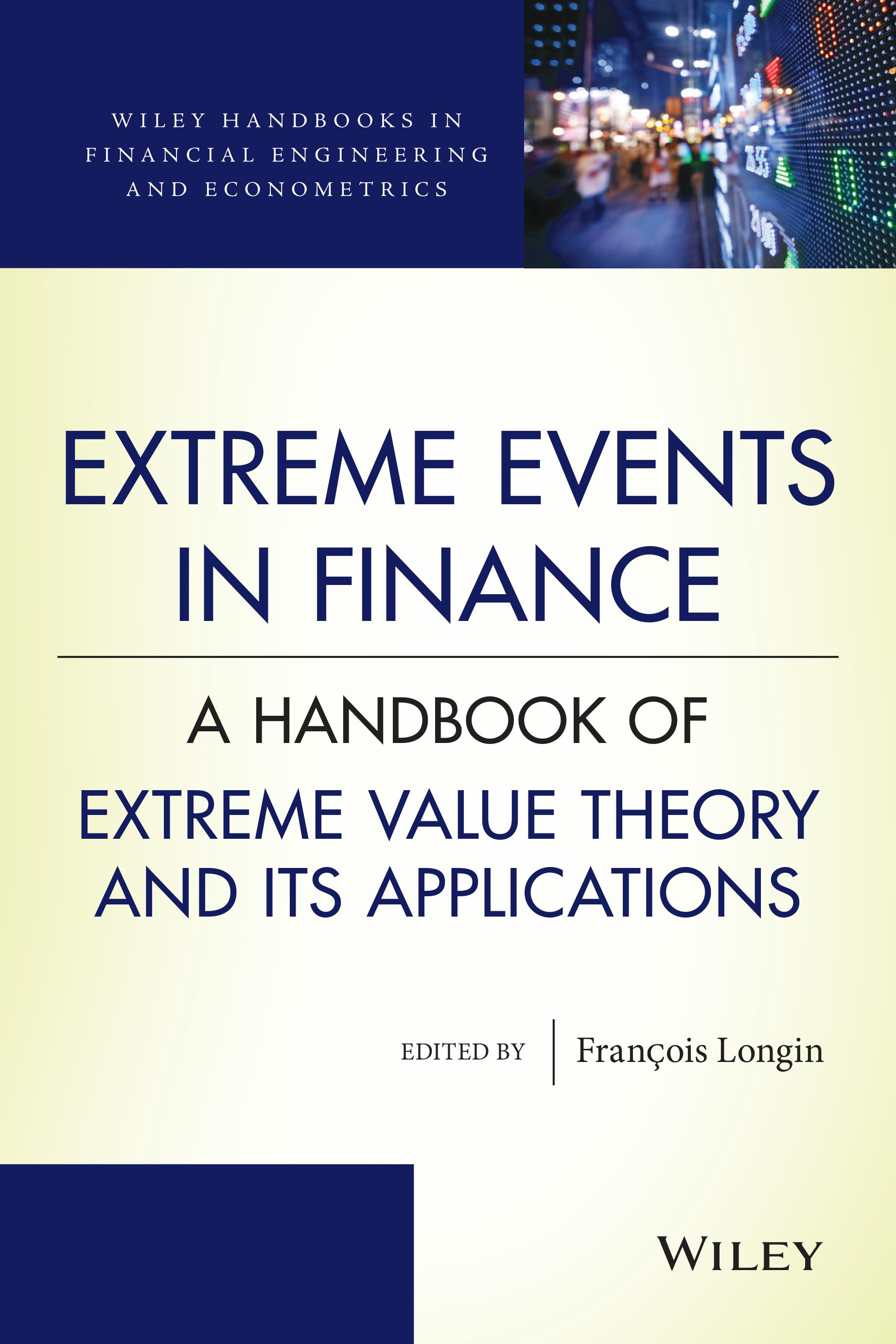Bounded rationalities, routines, and practical as well theoretical blindness: on the discrepancy between markets and corporations
|
||
|
The rise of uncertainty and radical events The more globalization goes on, the more the level of uncertainty, understood as Frank Knight did it (1921), increases. In other words, the probability of emergence of radical events, which are not predictable, seems to increase on a dramatic way. The general reaction of people – and utmost important, of markets – confronting this increase is to aiming at controlling the future. Far from being helpful, this contradiction deepens the possibility of crises rather than dampening it. A socio-economic analysis of the tensions between markets and corporations Laurent Bibard’s contribution is grounded on an observation and an analysis of the consequences of the assumption of “pure and perfect rationality”. The chapter shows that this belief – information spontaneously clear, available and understood by everybody – has deleterious consequences on people relationships. When people believe that information is available for everybody at the same level, they will never check the exactitude and relevance of what they are supposed to know together. Information results from a volunteer sharing between actors, taking into account it never exists by itself, independently of people building and sharing it. Should people be clearly aware of this, the tension – if not a conflict – between the financial sphere and the economic sphere would be far less problematic. From short term to long term Making clear the above tension facilitates to take some distance from daily short-term profit-oriented operations. The most significant added value of the chapter is to help the reader to step back from short-term objectives and to favor long-term and sustainable profit making. Related contributions |
||

|

|
Laurent BibardESSEC Business School |
|



